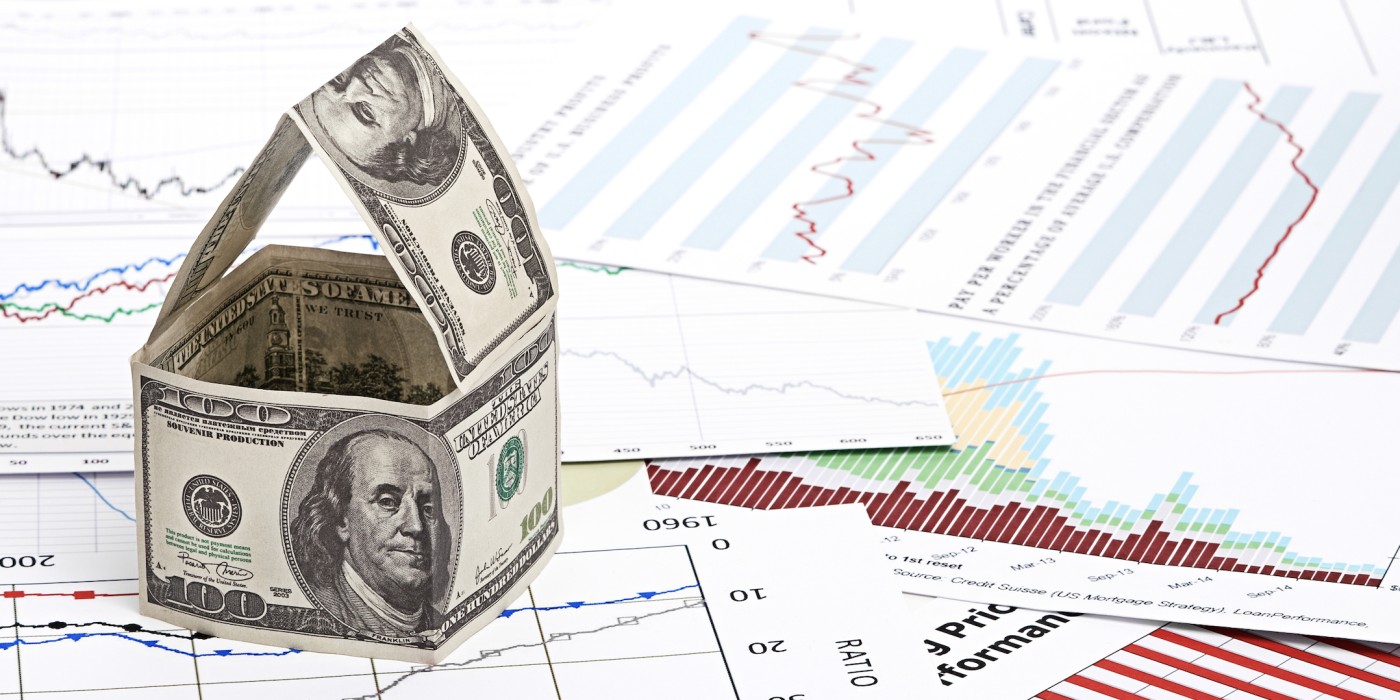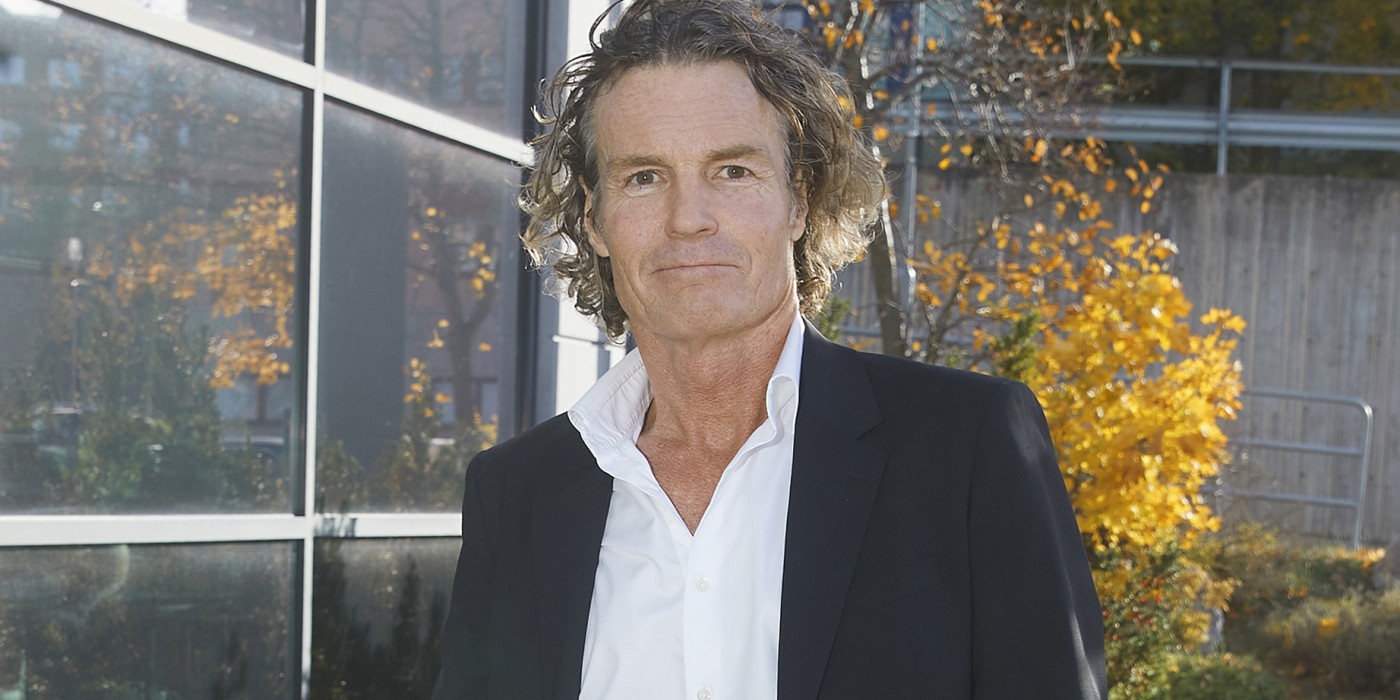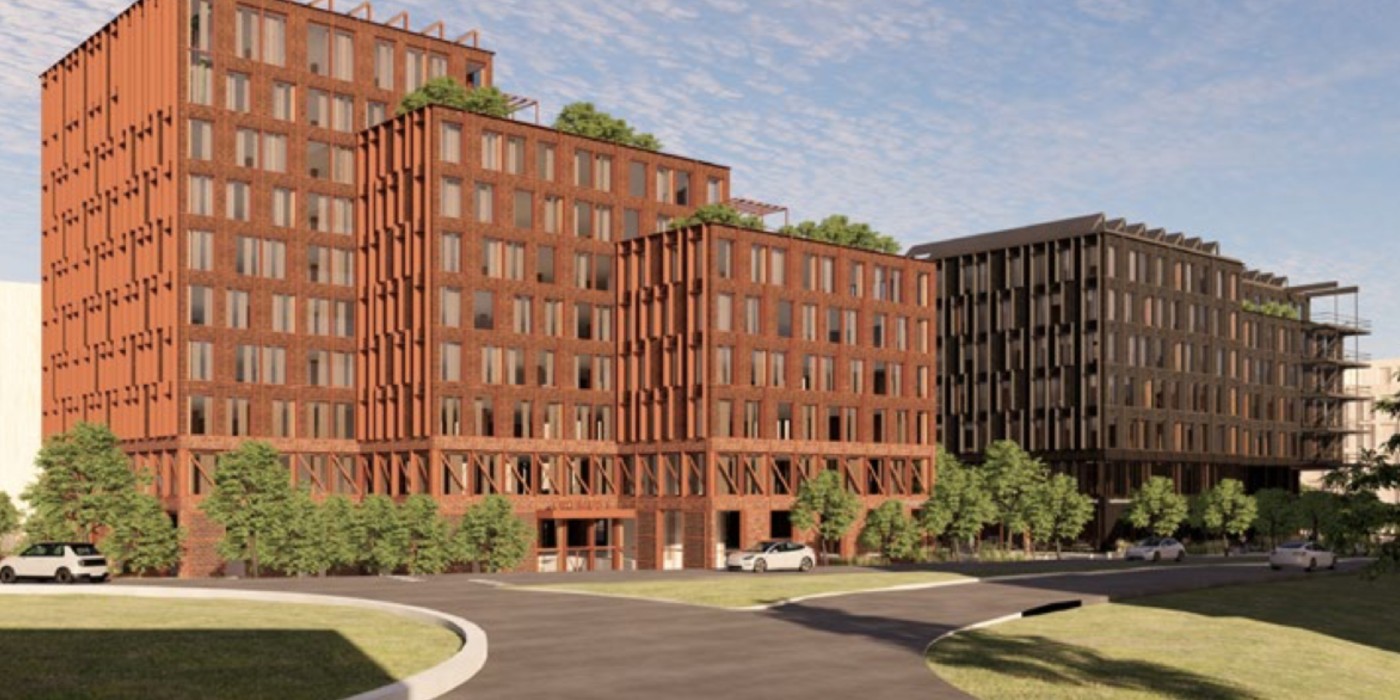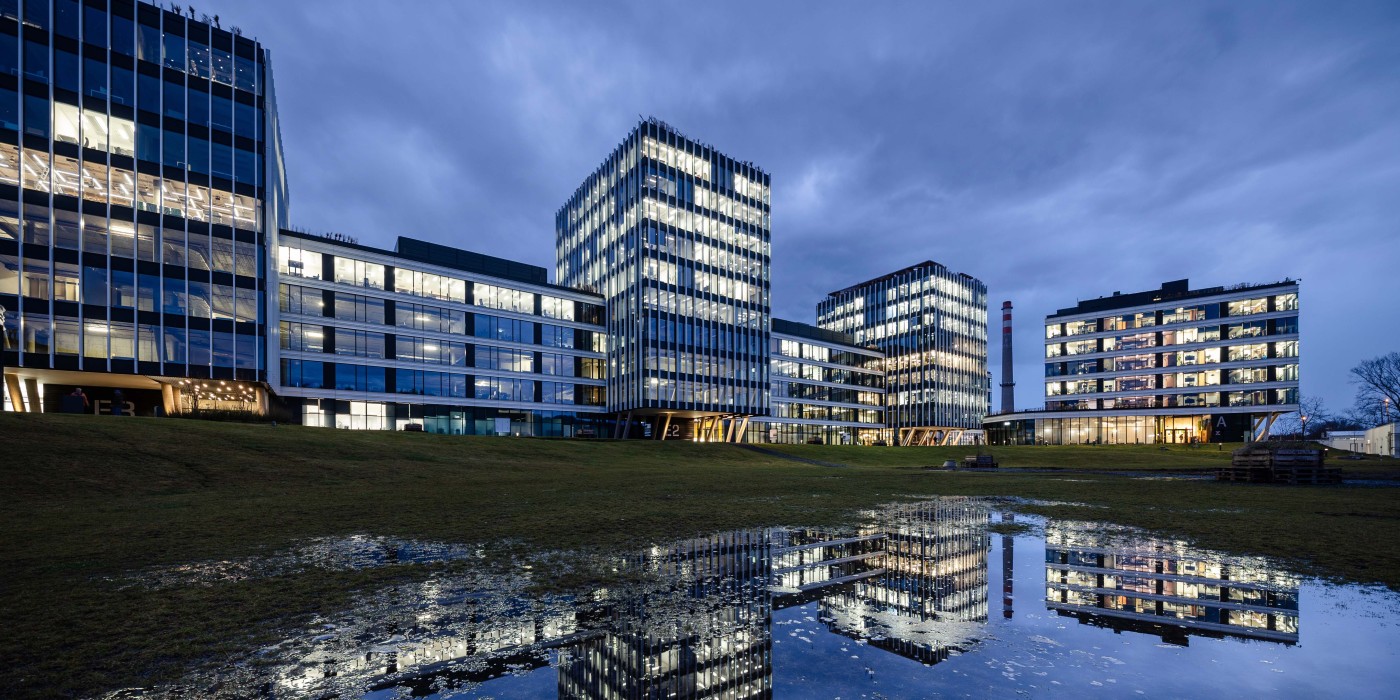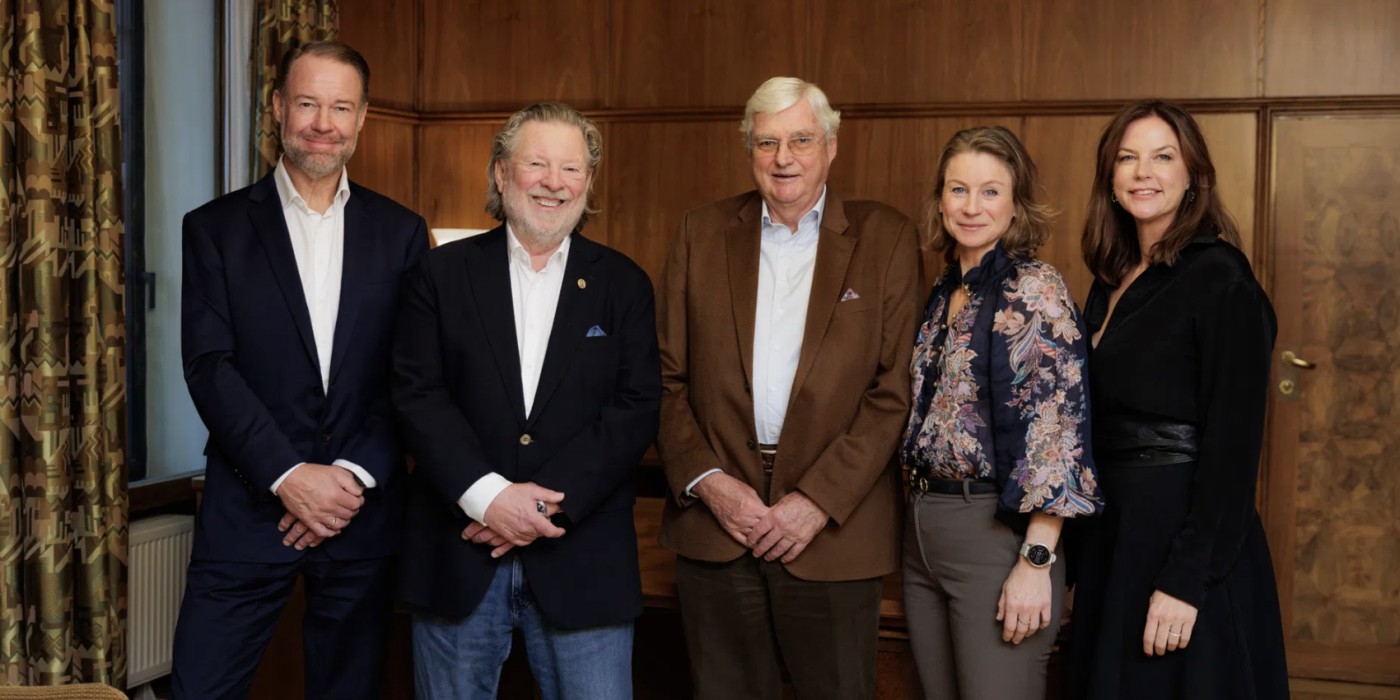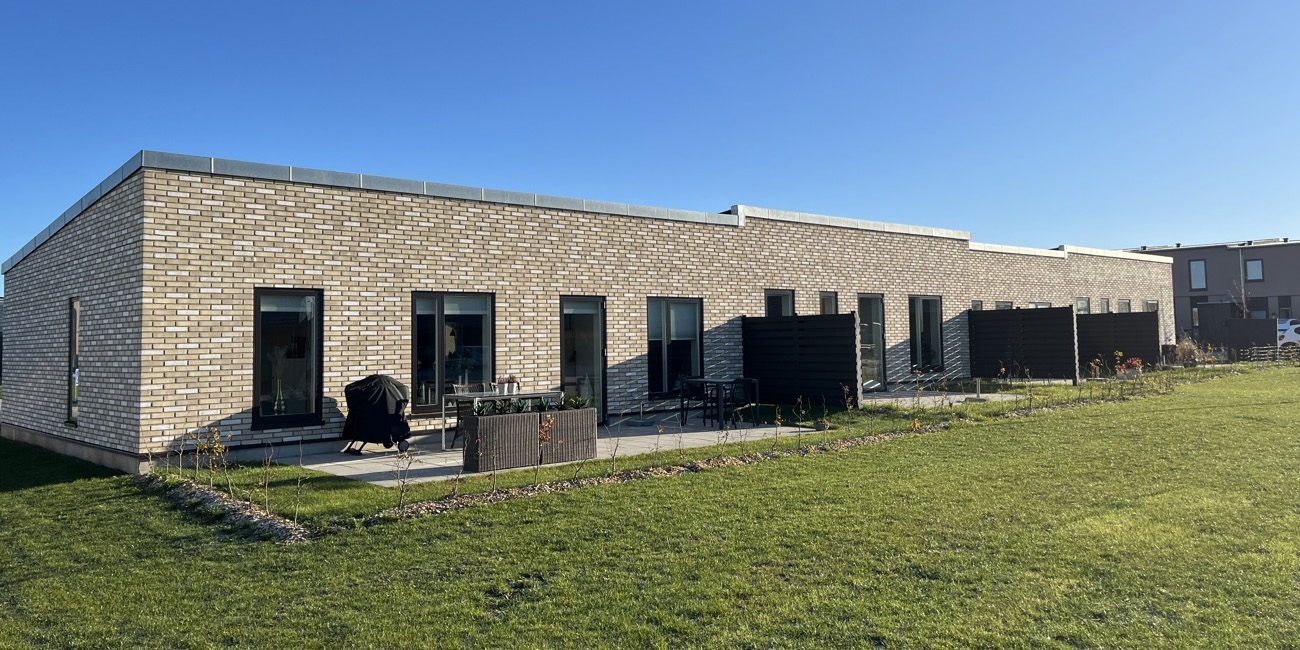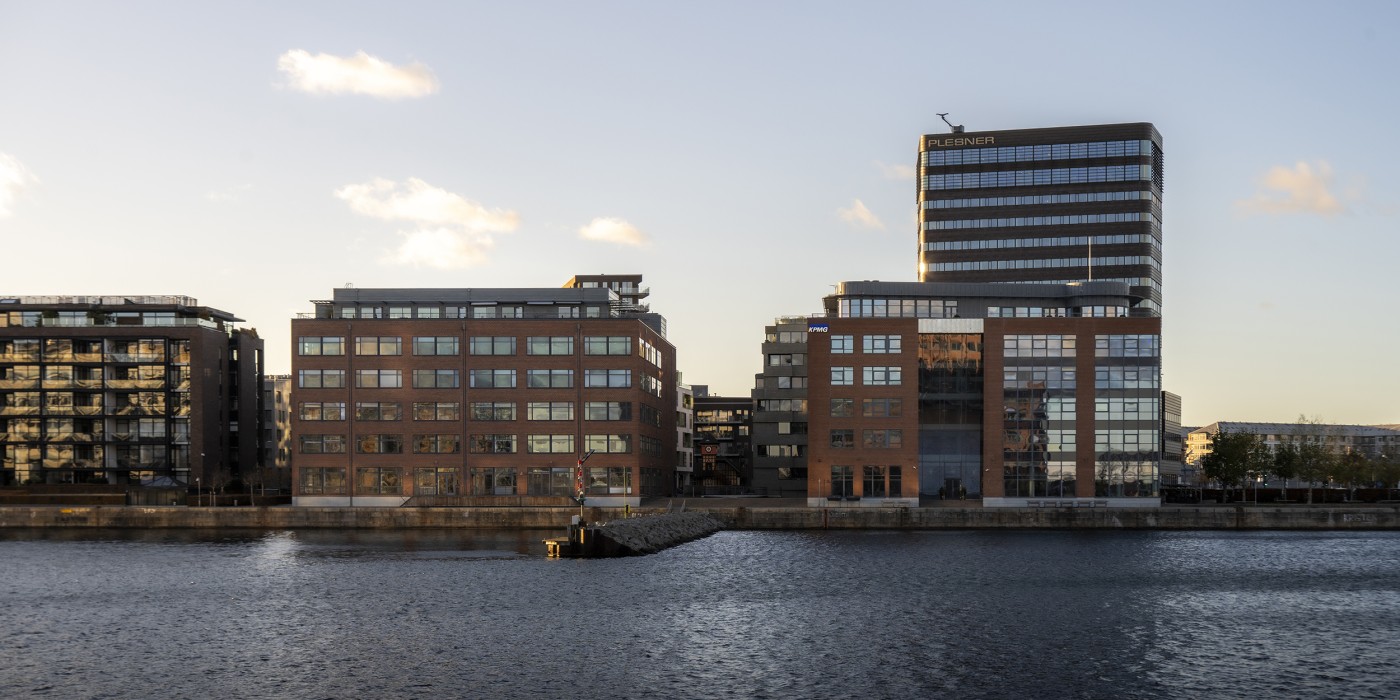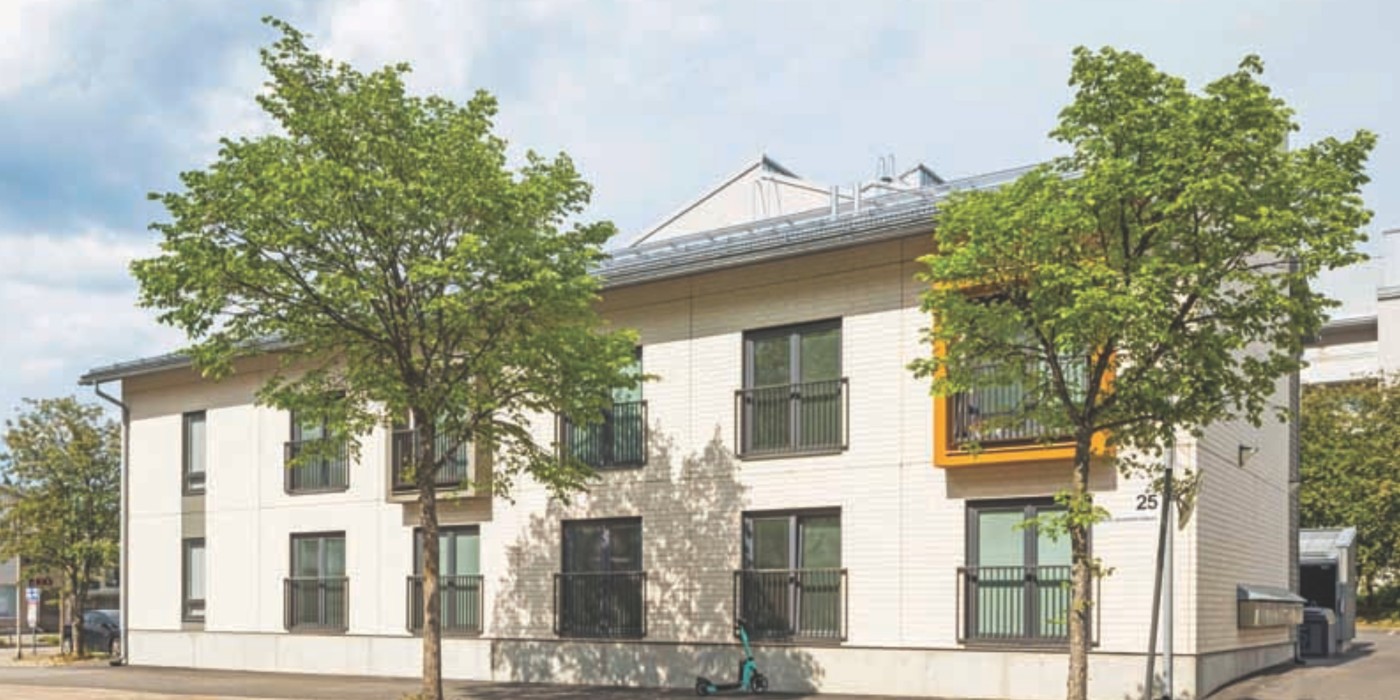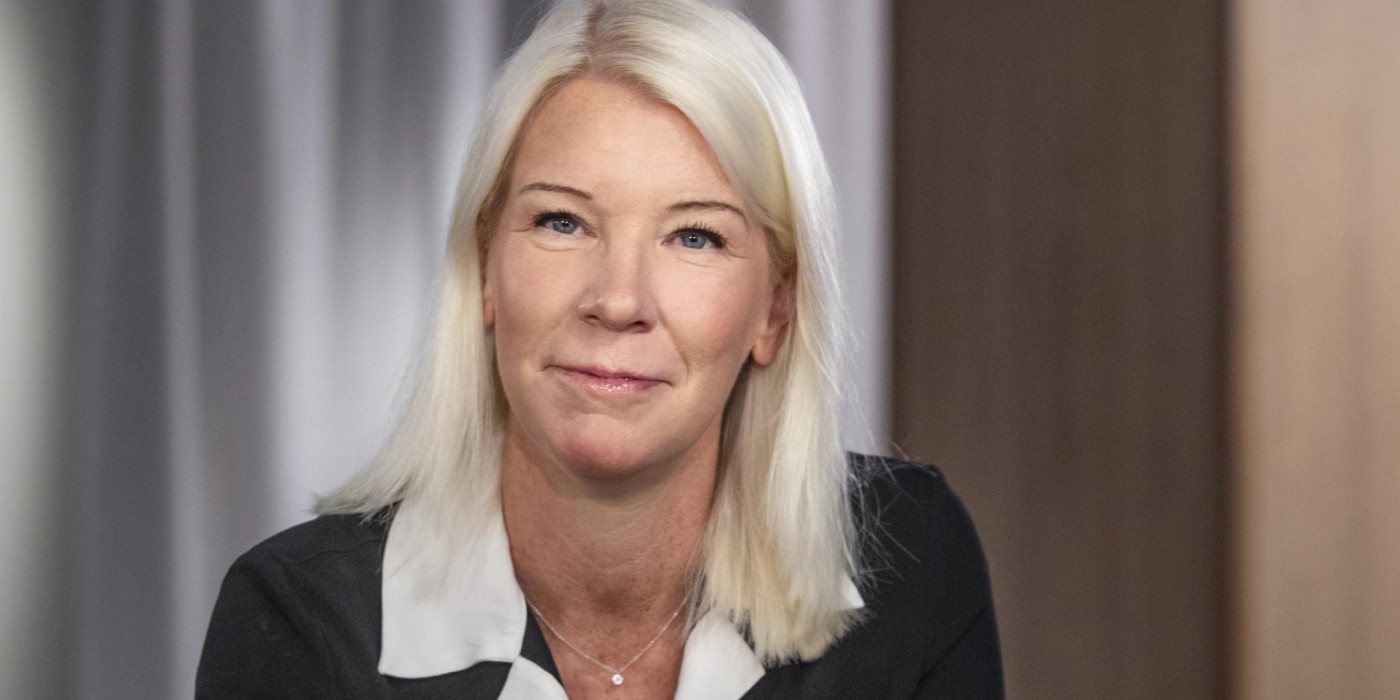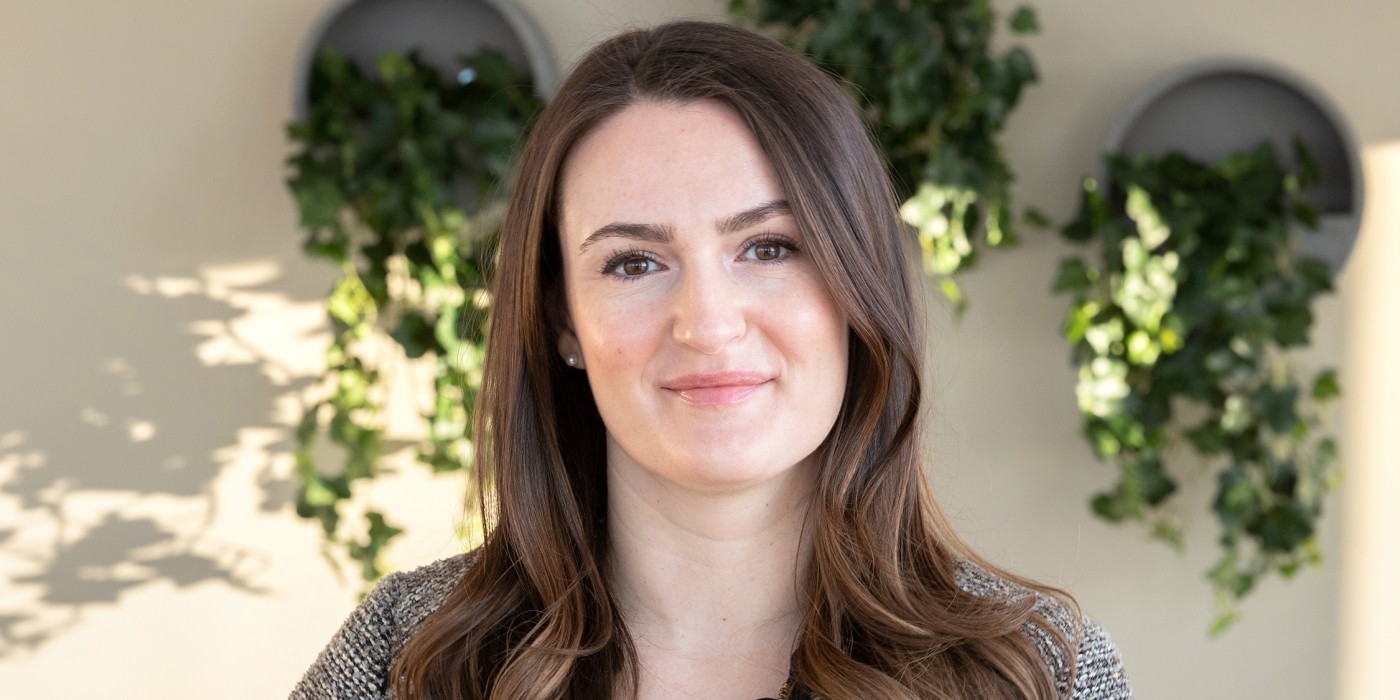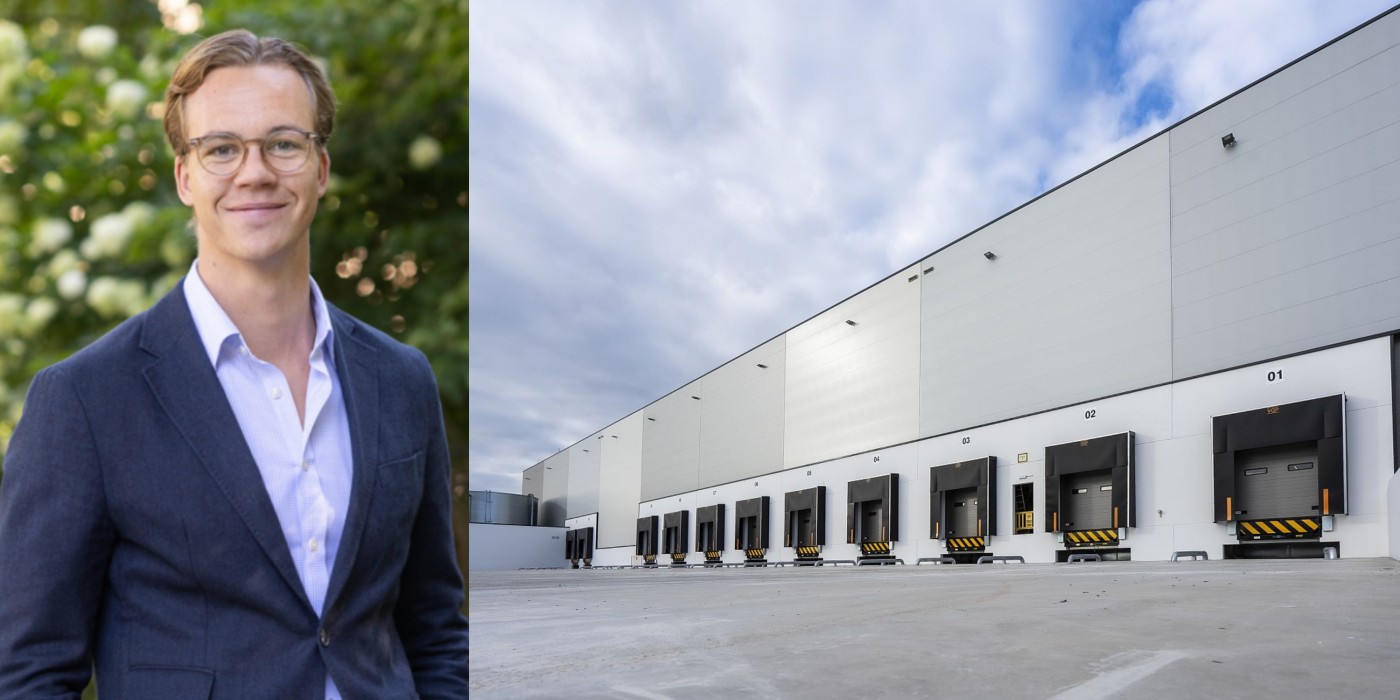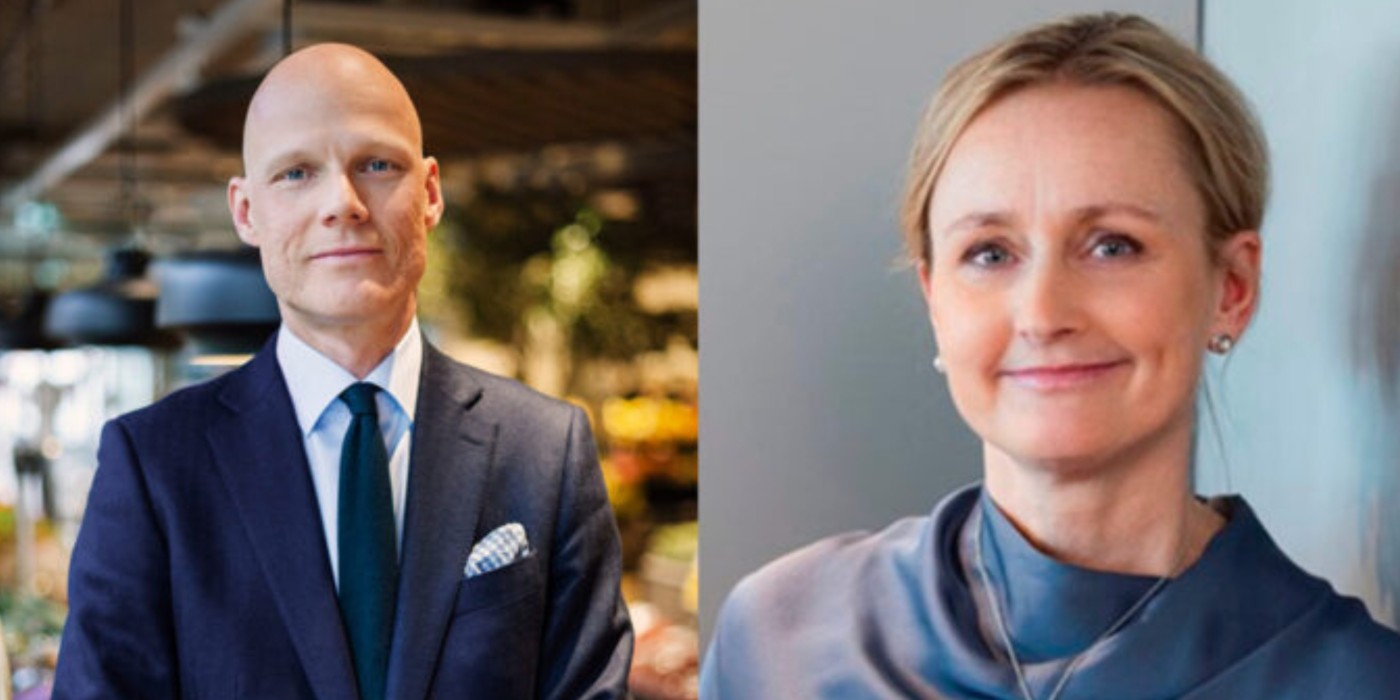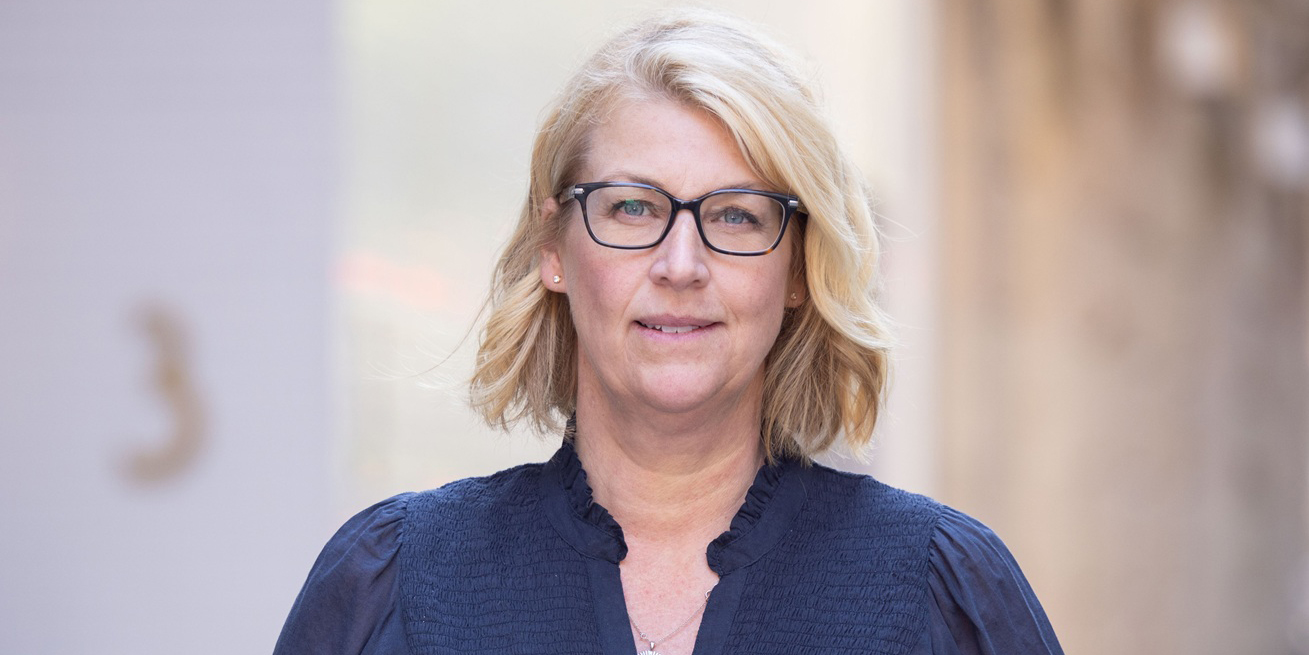In this situation, it lies in the interest of investors to secure that their assets are in demanded by both tenants and also financiers in the market.
Anders Elvinsson – Head of Valuation & Strategic Advisory på Cushman & Wakefield says:
“The great uncertainty surrounding the way of working in the future and the need for office space has to some extent paralyzed the market and resulted in only a few newly signed leases during the third quarter. Investors also follow this development closely and therefore in the current situation in several cases find it difficult to assess and justify future operating nets. Uncertainty should generally lead to a risk premium, but in the current low interest rate climate, properties appear to be an increasingly attractive type of asset - which is why prime yield in all cities is judged to remain unchanged."
During the third quarter, Cushman & Wakefield sees that prime yields have been stable, but rents are estimated to have fallen slightly in Stockholm (from SEK 8,000 to SEK 7,900 / sq.m.). In Gothenburg and Malmö, rents are expected to remain stable during the period. Despite the fact that the proportion of office space on the market has increased, with a higher addition of subletting space available, the vacancy rate is stable for Stockholm CBD at 3.5% and Gothenburg at 4%. In Malmö, the vacancy rate has even fallen slightly from the previous quarter to 6% (previously 6.5%).
Cushman & Wakefield works widely with both investors and tenants, which makes it possible to capture trends from the perspective of all stakeholders. The issue of sustainability has long been a factor to take into account in the Swedish real estate market. Now, more positive effects of safeguarding environmental issues are also beginning to be noted through increased interest in the issues, both from the tenant and the financial market perspective. Investors with a clear and documented environmental strategy have the opportunity to attract the best global tenants, who in many cases opt out of premises without documented sustainability classifications. In addition, banks offer favorable terms for traditional bank loans and the bond market also rewards underlying assets with environmental classification. Green bonds, with environmentally classified underlying properties or projects for positive environmental or climate impact, are currently of great interest to fund managers worldwide.
Bob Gustafsson – Head of Tenant Representation på Cushman & Wakefield says; ”We currently see that larger global tenants in many cases put greater focus on buildings and premises that can demonstrate some form of sustainability classification. What type of environmental classification the building has at present does not matter so much, only that there is one. For Swedish office tenants, on the other hand, the issue has not yet received as much attention.”
Other benefits also include attracting the idealistic millennial generation as future employees but most importantly - potentially higher property values. The results of recent studies conducted in collaboration with the Cushman & Wakefield team in Sweden indicate a premium value for properties with environmental certifications.
Investors who focus on sustainability issues can thus attract more tenants and expect more favorable financing, the issue is therefore deemed to reduce the risk. Focus on sustainability is also already seen by investors as a way to future proof the portfolio.
Annika Edström, Head of What’s Next på Cushman & Wakefield says; ”The office market is currently affected differently in different parts of the world and so far Sweden seems to be doing well, largely due to a low vacancy rate in general at the beginning of the crisis and that it is unusual for new office projects to be built on pure speculation. As a result, we have the luxury of broadening our horizons and preparing for new challenges, including increased regulation from the EU regarding the climate issues, which may indirectly affect both the financial market and investment decisions in the future.”

 All Nordics
All Nordics
 Sweden
Sweden
 Denmark
Denmark
 Finland
Finland
 Norway
Norway


